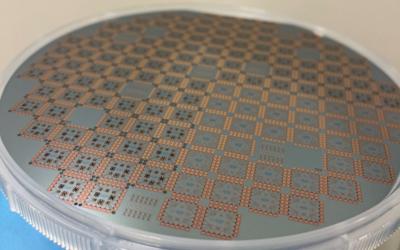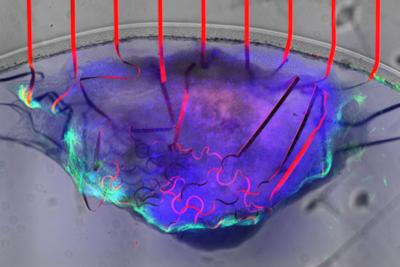iGii (formerly Integrated Graphene) secures investment of over $11 million
iGii, formerly Integrated Graphene, has announced it has raised £8.8 million (over USD$11.7 million) in new funding to accelerate growth. iGii will use the funds to accelerate customer projects, increase its manufacturing capacity, and deepen its research and development to explore further applications of its patented Gii material. iGii plans to expand its facilities and continue creating highly skilled local jobs.
The funding round was led by a £4 million injection from the Scottish National Investment Bank, with a further £4.8 million coming from existing iGii shareholders Archangel Investors and Par Equity, both of which first invested in the business in 2020.



